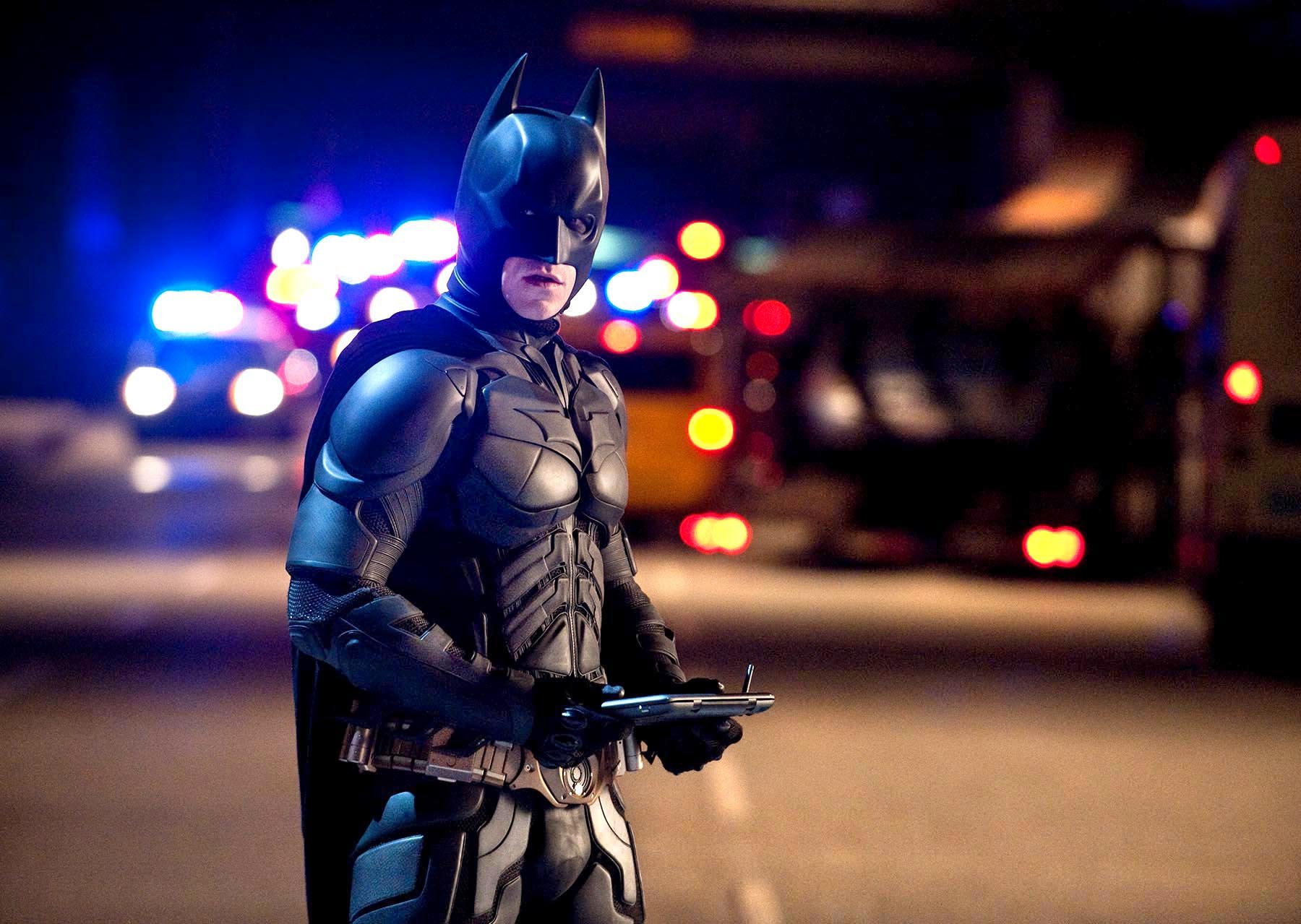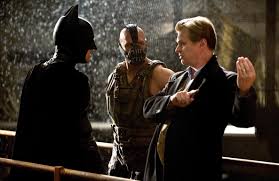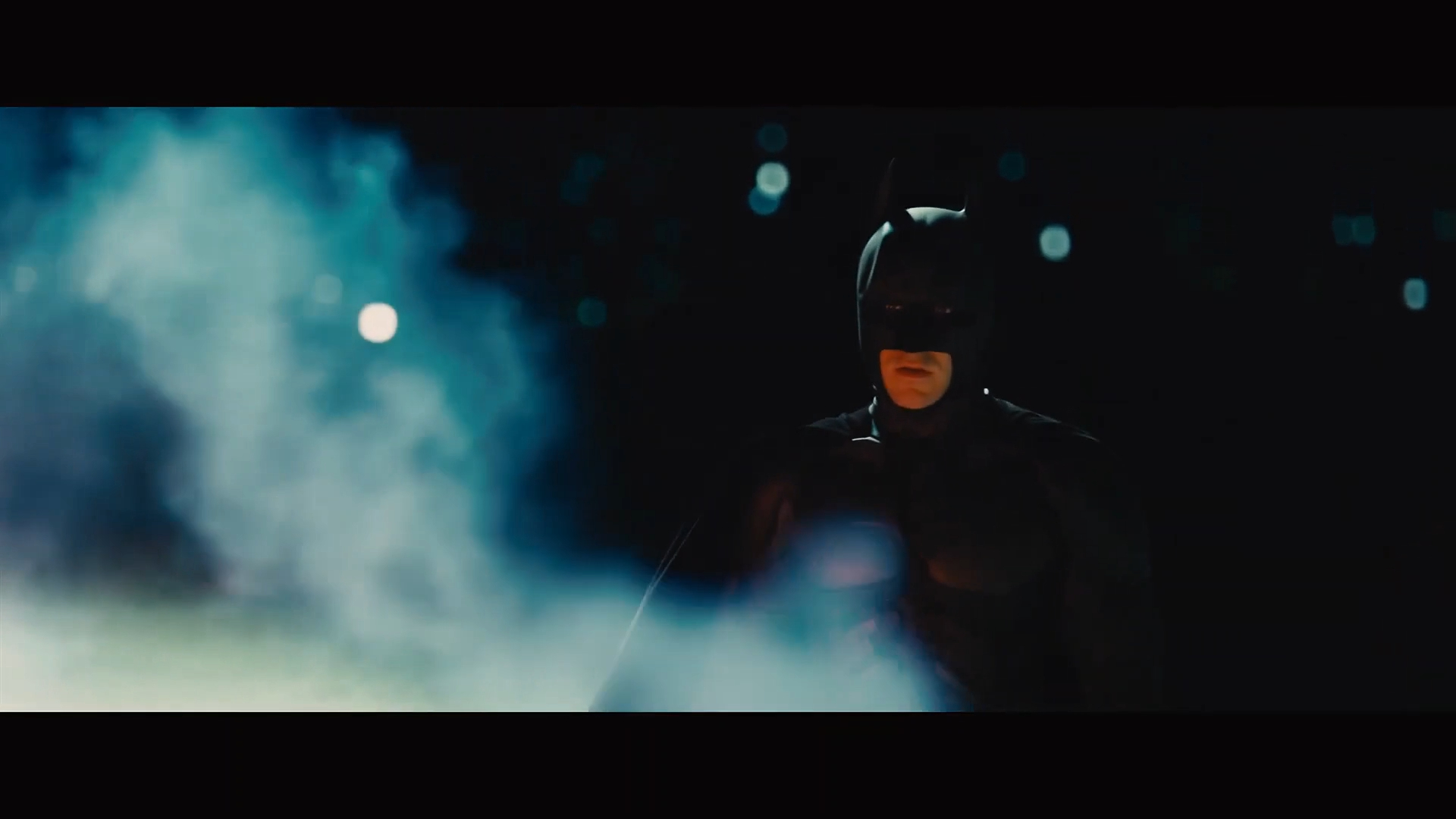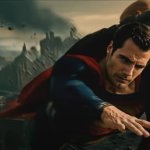The Dark Knight Rises (2012)

The Dark Knight Rises (2012) Review: A Grand Conclusion to Nolan’s Batman Trilogy
Introduction Christopher Nolan’s The Dark Knight Rises (2012) is the epic finale to the critically acclaimed Dark Knight trilogy. Following the monumental success of The Dark Knight (2008), this film had immense expectations, and while it differs in tone and pacing, it delivers a thrilling, emotional, and visually spectacular conclusion to Bruce Wayne’s journey as Batman. With an intricate storyline, compelling performances, and high-stakes action, The Dark Knight Rises cements itself as one of the most ambitious superhero films ever made. This review explores the film’s plot, characters, cinematography, and impact while incorporating SEO-friendly keywords such as “The Dark Knight Rises review,” “best Batman movies,” and “Christopher Nolan Batman trilogy.”
Plot Summary Eight years after the events of The Dark Knight, Gotham City enjoys a period of peace under the Dent Act, which has nearly eradicated organized crime. Bruce Wayne (Christian Bale) has become a recluse, retired from his role as Batman. However, the arrival of Bane (Tom Hardy), a merciless and strategic terrorist, forces Bruce to don the cape and cowl once more.
Bane’s plan is not only to physically and mentally break Batman but also to bring Gotham to its knees. With the city under siege and Batman incapacitated, Bruce must rediscover his strength, rise from despair, and lead Gotham’s resistance against tyranny. Along the way, he forms unexpected alliances, including with Selina Kyle (Anne Hathaway), a morally ambiguous cat burglar. The film culminates in a dramatic showdown between Batman and Bane, leading to a fitting and emotionally charged conclusion to Bruce Wayne’s arc.
Christian Bale’s Performance as Bruce Wayne/Batman Christian Bale delivers a powerful performance, portraying Bruce Wayne as a broken man who must find the will to fight again. His emotional depth and physical transformation add weight to the film’s central themes of redemption, sacrifice, and perseverance.
Tom Hardy as Bane – A Formidable Antagonist Tom Hardy’s Bane is a physically imposing and intellectually superior villain, a stark contrast to the Joker’s chaotic nature in The Dark Knight. While some criticized his muffled voice, his sheer presence and brutality make him a truly menacing force in Gotham. His introductory plane hijacking sequence is one of the most intense openings in the Dark Knight trilogy.
Anne Hathaway as Selina Kyle – A Scene-Stealer Anne Hathaway’s portrayal of Selina Kyle, aka Catwoman, adds complexity to the film. She balances cunning and charm with vulnerability, making her character both intriguing and essential to Batman’s journey. Her action sequences and chemistry with Bale’s Batman bring energy to the film.
Supporting Cast and Key Performances
- Gary Oldman as Commissioner Gordon: Oldman continues to deliver as the moral backbone of Gotham.
- Joseph Gordon-Levitt as John Blake: A standout addition to the cast, his character serves as a bridge to Batman’s legacy.
- Michael Caine as Alfred Pennyworth: His heartfelt performance brings some of the most emotional moments in the film.
- Marion Cotillard as Miranda Tate/Talia al Ghul: While her reveal was a major twist, her character could have been more developed.
Action, Cinematography, and Visuals Wally Pfister’s cinematography captures Gotham in a grand and immersive way, particularly with the IMAX-shot action sequences. The aerial stunts, the thrilling battle on the streets of Gotham, and the climactic showdown between Batman and Bane are expertly crafted. Hans Zimmer’s score heightens the tension, with the chant “Deshi Basara” becoming a powerful motif representing Bruce’s rise.
Themes of Fear, Redemption, and Legacy
- Rising from the Ashes: The film explores Bruce Wayne’s lowest point and his triumphant return as Gotham’s protector.
- Gotham’s Future: The idea of Batman as a symbol, rather than just a man, is solidified through John Blake’s arc.
- The Power of Fear: Bane manipulates fear as a weapon, while Bruce learns to use it as motivation to rise again.

Box Office Performance and Critical Reception The Dark Knight Rises was a massive box office success, grossing over $1.08 billion worldwide. While it didn’t surpass The Dark Knight in critical acclaim, it was praised for its ambitious storytelling, strong performances, and emotional depth. Some criticisms included pacing issues and the handling of certain character arcs, but overall, it remains a celebrated entry in Nolan’s trilogy.
Cultural Impact and Legacy The Dark Knight trilogy redefined superhero cinema, with The Dark Knight Rises serving as a bold conclusion. It emphasized realism, character-driven storytelling, and thought-provoking themes, influencing subsequent films in the genre.
Additionally, the film’s ending, suggesting John Blake’s potential future as Gotham’s protector, left fans debating what could have been.
Final Verdict The Dark Knight Rises (2012) is an epic, emotionally charged conclusion to Nolan’s Batman saga. With stellar performances, gripping action, and a profound exploration of Bruce Wayne’s journey, it stands as one of the best superhero trilogies ever made. While it may not surpass The Dark Knight, it provides a satisfying and powerful ending to a legendary cinematic arc.











